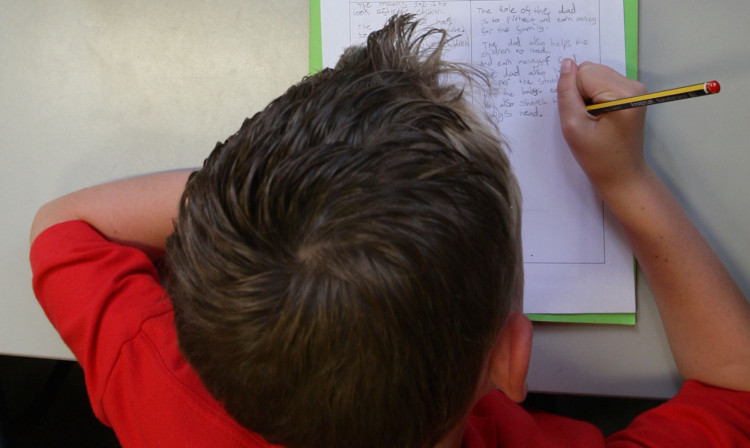“Undemocratic, unelected, unscientific and self-serving” church leaders should not have the legal right to make decisions on school education, according to cross-party politicians and secular groups.
Churches hold the balance of power in nearly two-thirds of council education committees due to a law which compels councils to appoint three religious representatives, the secular coalition said.
The Edinburgh Secular Society (ESS) has lodged a petition to repeal the law, backed by the National Secular Society, Humanist Society Scotland and Edinburgh University Humanist Society with the support of Green MSP Patrick Harvie and SNP councillor Sandy Howat.
Mr Harvie is particularly concerned about the promotion of creationism in schools, while Mr Howat said the churches’ right to unelected representation on boards is “undemocratic and untenable”.
The petition calls for a repeal of section 124 of the Local Government Act, which ensures religious representation on boards, after recent census results which show that nearly half of Scots profess no religious beliefs.
ESS vice-chairman Colin Emerson said: “To afford a particular section of society, a privileged position within the decision making process of local government, based solely on their particular and personal religious beliefs, is profoundly and inherently undemocratic, unfair and discriminatory.”
Mr Harvie, MSP for Glasgow, said: “I’m particularly concerned at the involvement of people who would promote utterly unscientific notions like creationism, pushing this absurd ideology at children is the very opposite of education.”
Mr Howat, a member of Edinburgh City Council’s education, children and families committee, said: “Unelected, unaccountable and I would suggest untenable.
“Undemocratic influence over public education is fundamentally at odds with the principles of respect, equality and shared freedoms.
“All contributions to committee deliberations should be welcomed, yet continued undemocratic privilege of the few over the many is an out-dated tradition we should remove.
“As we look to create a fairer Scotland with liberty at its core, we need to ask ourselves what this ‘privilege’ says about our values. It’s time for a new enlightenment.”
